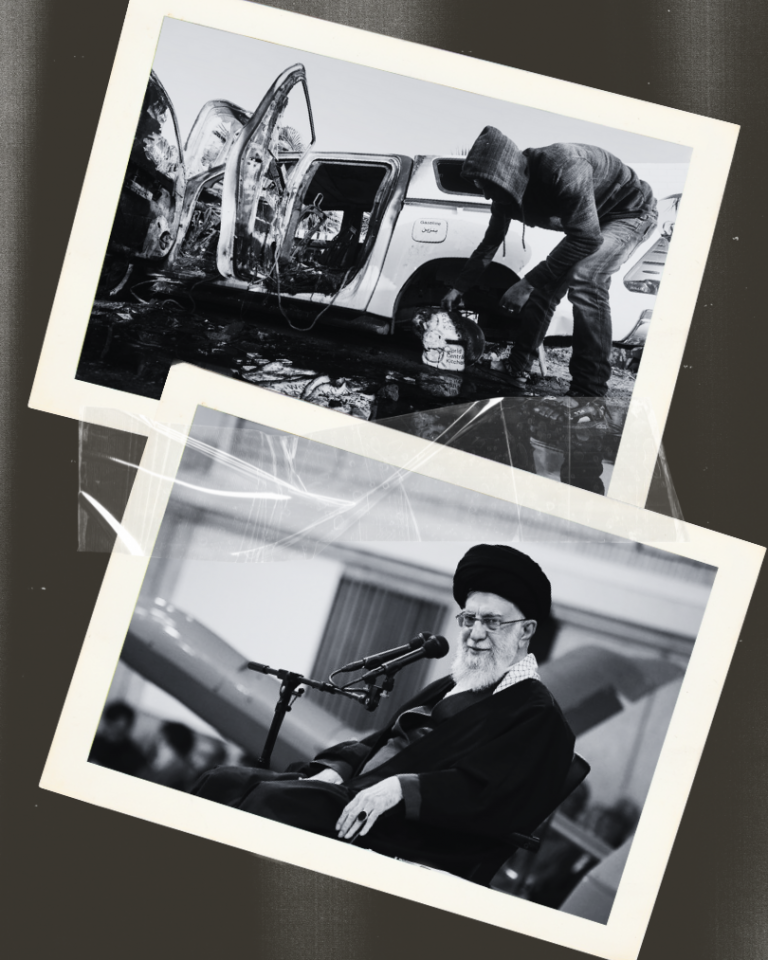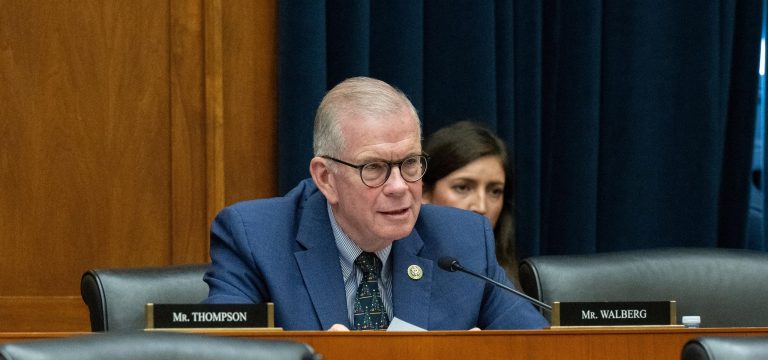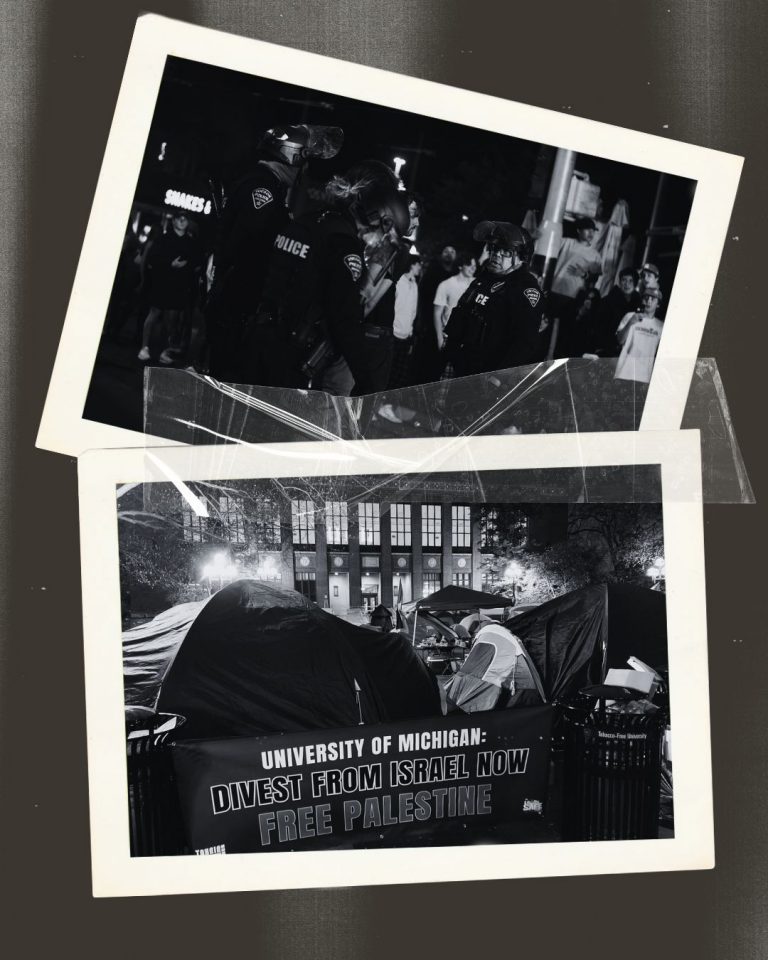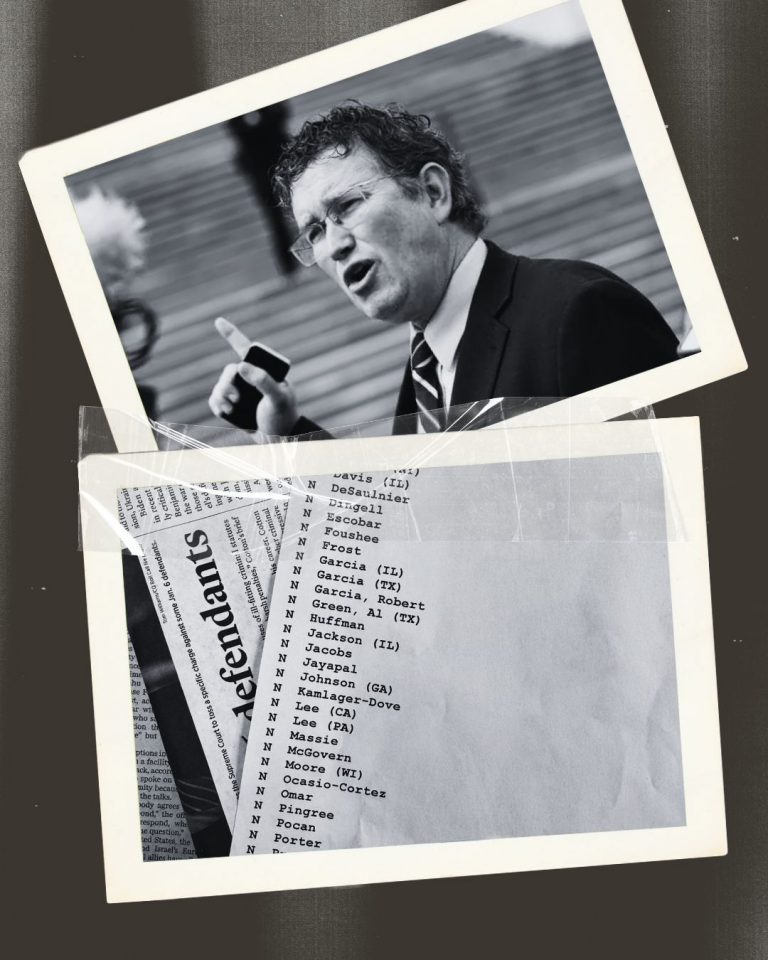USC Cancels Main Commencement Ceremony
USC Cancels Main Commencement Ceremony
The University of Southern California has canceled its main May commencement ceremony. This decision marks a significant response to the ongoing controversy involving Asna Tabassum, the valedictorian opposed by pro-Israel groups. Previously, the university had barred her from delivering the traditional valedictory address. Disturbing considering this is a University, a place where thought, speech, expression ought to thrive.
Decision to Quell Unrest
USC’s President, Carol Folt, decided to cancel the entire university-wide graduation scheduled for May 10. Her decision aims to calm the unrest from both pro-Palestinian and pro-Israel factions. This controversy is part of broader tensions affecting campuses nationwide, highlighted by the recent arrest of 93 students and activists at a pro-Palestinian encampment at USC. This is yet another acute example of the reach of the Zionist movement.
Reasons Behind the Cancellation
USC attributed the cancellation to the need for new “safety” measures, which would delay the processing of the large crowd expected. The university expressed concerns about accommodating 65,000 people within the limited timeframe from 8:30 a.m. to 10 a.m.
Continuation of Smaller Ceremonies
Despite the main ceremony’s cancellation, USC will still hold 23 satellite graduation ceremonies. These events will proceed as scheduled, alongside smaller departmental receptions. The university aims to make these events meaningful with additional activities, including dove releases and performances by the Trojan Marching Band. All events from May 8-11 will now require tickets and involve strict security screenings similar to those at athletic events.
Asna Tabassum’s Statement
Asna Tabassum expressed her shock and disappointment in a statement:
“I am honored to have been selected as USC Class of 2024 Valedictorian. Although this should have been a time of celebration, I have been subjected to a campaign of racist hatred because of my belief in human rights for all. This campaign has evidently accomplished its goal: today, USC administrators informed me that I will no longer be allowed to speak at commencement. I am both shocked by this decision and profoundly disappointed that the University is succumbing to a campaign of hate meant to silence my voice.
I am a first-generation South Asian-American Muslim, a biomedical engineer who learned the meaning of health equity through developing low-cost and accessible medical technology. My identity and my experiences at USC have inspired me to advocate for justice for all people, including the Palestinian people.”
Criticism and Context
The last time USC canceled its main commencement was in 2020 due to the COVID-19 pandemic. Critics, including Professor Emeritus William Tierney, have voiced their dissatisfaction with the university’s leadership. They question USC’s ability to handle challenging dialogues and maintain safety without yielding to external pressures.
This year’s commencement faces unique challenges, reflecting the broader societal conflicts. USC remains at a crossroads, dealing with issues of free speech, security, and inclusivity in its ceremonial recognitions.







